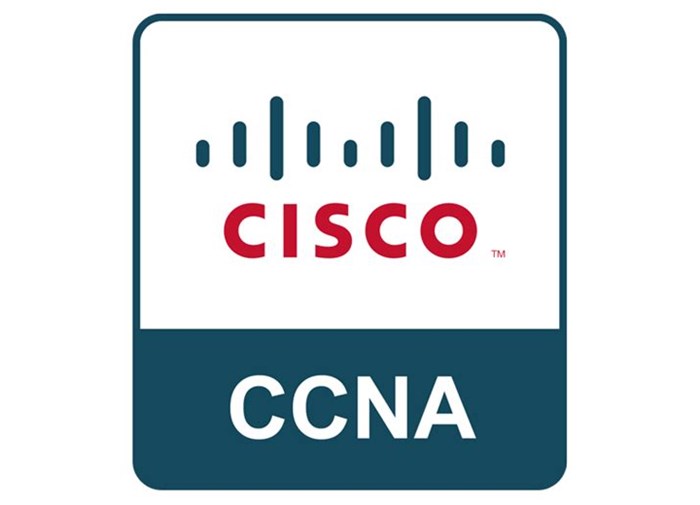
Introduction:
In the dynamic realm of information technology, networking forms the backbone of our interconnected world. The Cisco Certified Network Associate (CCNA) certification stands as a beacon for individuals aspiring to excel in the field of networking. In this blog post, we'll embark on a journey through the intricacies of CCNA, exploring its significance, the skills it imparts, and the doors it opens for networking professionals.
Understanding CCNA:
The CCNA certification, offered by Cisco, is a globally recognized credential designed to validate the skills and knowledge required for entry-level network professionals. Whether you are a novice aspiring to enter the field or an experienced professional seeking to advance your career, CCNA provides a solid foundation in networking principles, technologies, and best practices.
Key Components of CCNA:
Fundamentals of Networking:
- CCNA covers the fundamental concepts of networking, including the OSI model, TCP/IP stack, and various networking protocols. It provides a comprehensive understanding of how data flows across networks.
Routing and Switching:
- A significant portion of CCNA is dedicated to routing and switching. Candidates learn to configure and troubleshoot routers and switches, gaining practical skills in designing and managing network infrastructures.
Network Security:
- Security is a paramount concern in today's digital landscape. CCNA introduces candidates to network security principles, including firewalls, VPNs, and access control, to ensure the integrity and confidentiality of data.
Wireless Networking:
- With the proliferation of wireless technologies, CCNA covers the essentials of designing, implementing, and securing wireless networks. This includes understanding Wi-Fi standards, configuring wireless routers, and addressing common wireless issues.
Network Automation:
- CCNA reflects the industry's shift towards automation. Candidates are exposed to network automation tools and techniques, enabling them to streamline network management and troubleshooting processes.
Benefits of CCNA Certification:
Industry Recognition:
- CCNA is globally recognized and respected by employers in the IT industry. It serves as a testament to an individual's commitment to excellence in networking.
Career Advancement:
- For those starting their careers, CCNA opens doors to entry-level networking positions. For experienced professionals, it acts as a stepping stone to more advanced certifications and higher-level roles.
Skill Validation:
- CCNA certification validates a diverse skill set, from understanding networking fundamentals to configuring complex routing and switching scenarios. It provides tangible proof of an individual's expertise in the field.
Real-world Application:
- The practical nature of CCNA ensures that certified individuals are equipped with hands-on experience, enabling them to apply their knowledge to real-world networking challenges.
Preparation for Advanced Certifications:
- CCNA serves as a solid foundation for pursuing more advanced Cisco certifications, such as CCNP (Cisco Certified Network Professional) and beyond.
Preparing for CCNA:
To prepare for the CCNA certification, aspiring candidates can utilize a combination of study materials, online courses, and hands-on practice. Cisco provides official study guides, practice exams, and virtual labs to enhance the learning experience. Additionally, there are numerous third-party resources, including books and video courses, that cater to different learning styles.
Conclusion:
The CCNA certification is a gateway to a world of networking excellence. Whether you are at the beginning of your networking journey or seeking to enhance your skills, CCNA provides a solid foundation and a pathway to success in the ever-evolving field of information technology. As you embark on the CCNA certification journey, you are not just earning a credential; you are investing in a future where networking expertise is a key to unlocking exciting opportunities.
